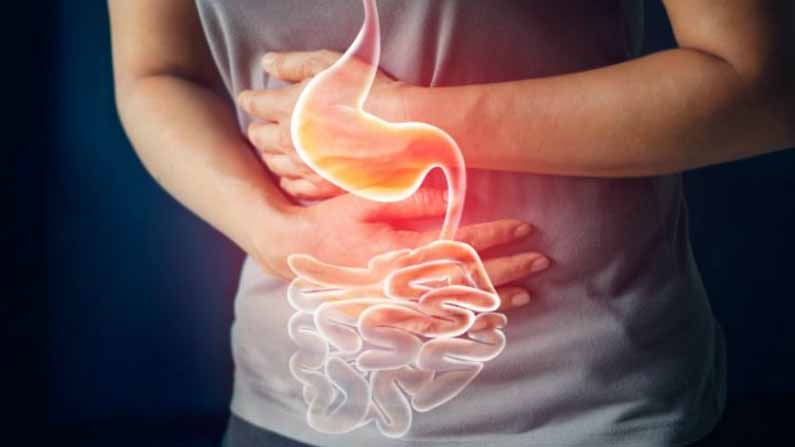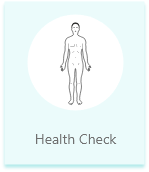4 Most Common Symptoms of Too Much Stress
Stress is the body's reaction to certain conditions. Stress usually arises when a person faces a threat, pressure, or something new. This condition can also occur due to situations or feelings of nervousness, hopelessness, anger, or when you are feeling very excited. So, what are the signs that appear when someone is experiencing stress?
When experiencing these situations, the body will show responses and changes in both physical and mental. This happens naturally, and causes the body to release hormones called adrenaline and cortisol. Actually, this reaction is a good thing and can be a sign and help someone to get out of trouble. But still, the stress that strikes should not be taken lightly.
Everyone can experience stress, including children. Stress is usually only temporary and will end when the cause is addressed. However, in some conditions, prolonged stress can interfere with physical health and make the immune system weaker.
When the immune system weakens, viruses or bacteria that cause disease become easier to attack. Stress that is left untreated can cause sufferers to experience digestive problems and sleep disturbances at night, aka insomnia.
Basically, the symptoms that often appear as a sign of stress can vary from one person to another, depending on the cause and the body's resistance. There are four things that can change and be a sign on the body when experiencing stress, namely:
- Emotional Change
Emotional changes are one of the most common signs that occur in people with stress. This condition causes a person to be easily irritated, frustrated, and mood swings. People who experience stress generally find it difficult to calm their minds, feel inferior, lonely, confused, avoid other people, have difficulty controlling themselves, and become depressed.
- Physical Symptoms
Changes in physical condition can also be a sign of someone experiencing stress. This causes a person to easily feel weak, dizzy, migraines, indigestion, muscle pain, and heart palpitations. Stress is also often characterized by difficulty sleeping at night, body shaking, feet feel cold and sweaty, dry mouth, difficulty swallowing, and sexual desire decreased.
- Cognitive Change
In addition to physical characteristics, stress can also cause a person to experience cognitive changes. This condition makes a person often forget, difficult to focus, always think negatively, pessimistically, and often make bad decisions.
- Behaviour Change
In severe levels, feeling depressed and stressed can cause a person to experience behavioural changes. This condition causes a decrease in appetite and focus, avoids responsibilities, nervous, gets angry easily, and looks for "venting" for example by consuming alcohol and smoking.
Do not underestimate the stress that lasts for a long time especially if it appears repeatedly. If it happens, check with a doctor or psychiatrist immediately to deal with the stress. Examination is needed to find out exactly what causes stress symptoms to appear and prevent unwanted complications.









